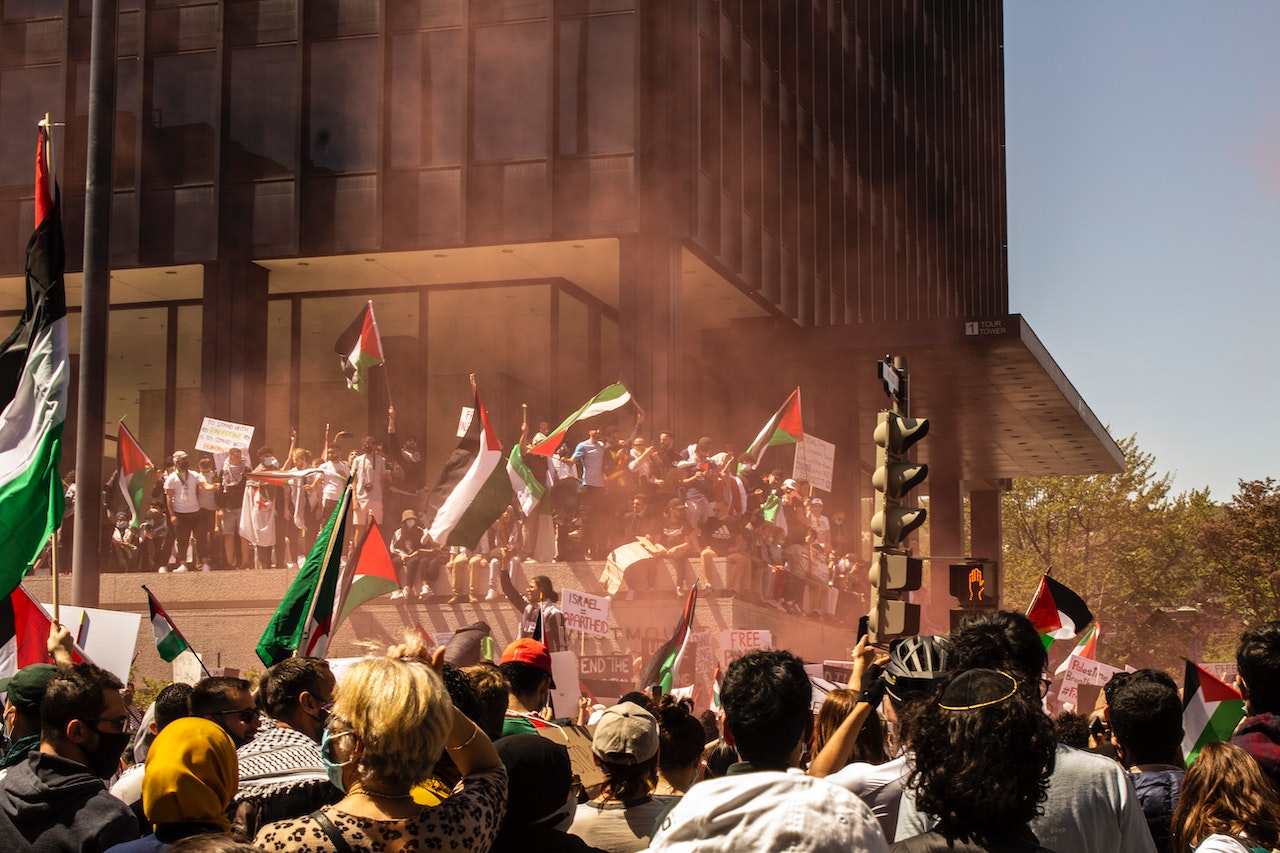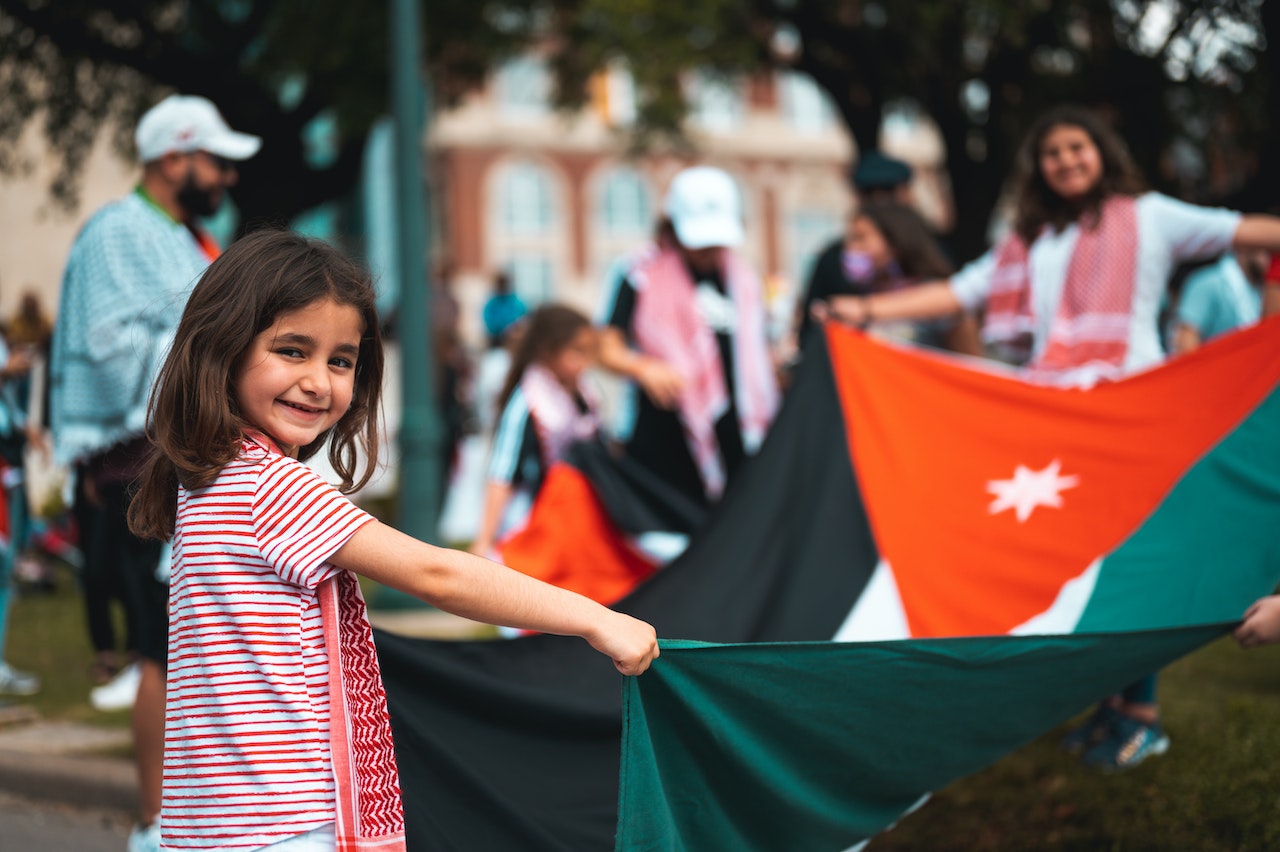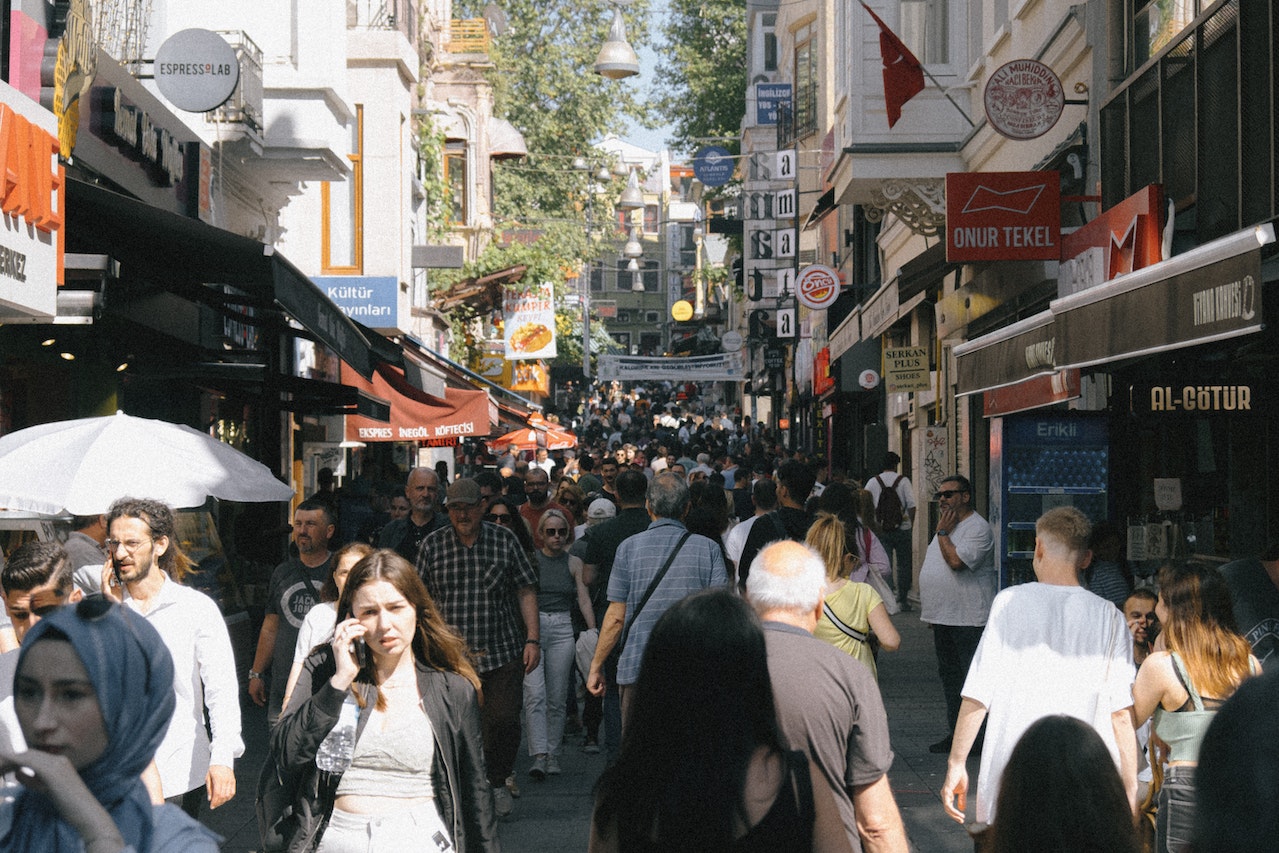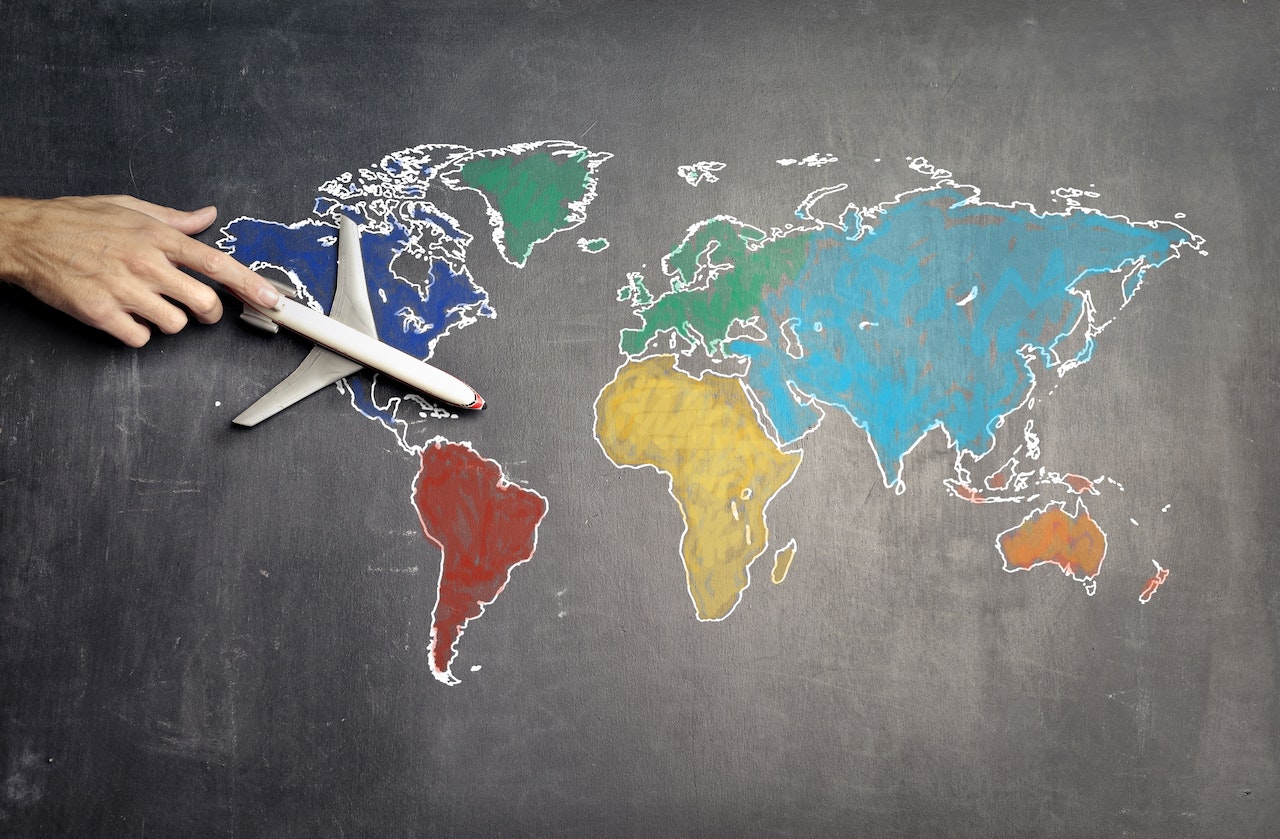The Untold Stories Behind the Palestine Dispute
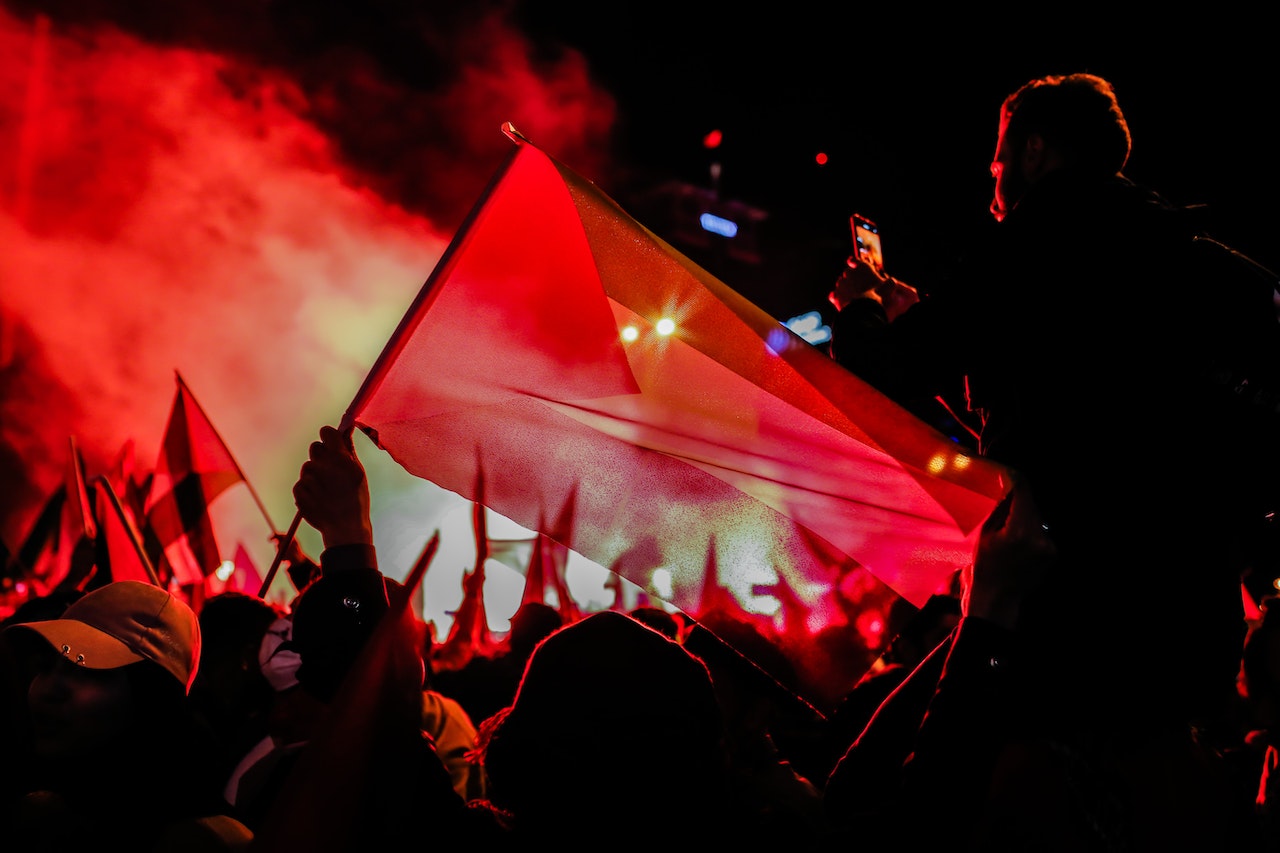
The complex history of the Palestine dispute is deeply rooted in centuries of cultural, religious, and political conflicts. To truly understand the ongoing dispute, one must delve into the rich tapestry that has shaped the region. Ancient civilizations such as the Canaanites, Philistines, and Israelites have all claimed this land as their own at different points in history. This shifting ownership laid the foundation for tension and animosity between groups vying for territorial control. One significant event in Palestinian history was the British Mandate period from 1920 to 1948. This era witnessed an influx of Jewish immigrants to Palestine following World War I under the Balfour Declaration’s promise of a national homeland for Jews. These migrations intensified existing tensions between Jewish Zionists and Palestinian Arabs, fueling resistance movements on both sides. The resulting clashes set off a chain reaction that continues to define modern-day Israeli-Palestinian relations.
Another crucial aspect often overlooked is how diaspora communities spread throughout the world have played a role in shaping contemporary narratives surrounding the Palestine dispute. Palestinians who were forcibly displaced during various conflicts have established strong communities abroad, advocating for their rights through peaceful means. Their commitment to preserving their identity and demanding justice has allowed them to maintain a global presence while raising awareness about Palestine’s plight on international platforms. Understanding this multifaceted history unveils the intricate layers that influence today’s Palestinian struggle for recognition, self-determination, and peace amidst a divisive political landscape.
Roots of the Palestine Dispute
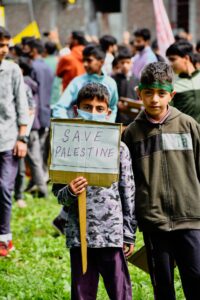
One cannot truly understand the roots of the Palestine dispute without delving into history and exploring its complex intricacies. The conflict between Israelis and Palestinians is deeply rooted in a long-standing struggle for self-determination, land, and identity. It can be traced back to the late 19th century when Zionist Jews began migrating to Palestine dispute with their eyes set on creating a Jewish homeland. A key turning point occurred in 1917 when the British issued the Balfour Declaration, expressing support for establishing a national home for the Jewish people” in Palestine. This declaration not only sowed the seeds of discord but also sparked resistance from Palestinian Arabs who feared being displaced from their ancestral lands. The delicate balance was further disrupted by waves of violence, mass migration, and political maneuvering over subsequent decades.
It is essential to remember that this dispute has deep historical roots beyond this specific timeline. Palestinians trace their heritage back thousands of years and view themselves as indigenous people while sharing significant cultural ties with neighboring Arab nations. This perspective lends credence to their claims for self-determination and recognition within historic Palestine. Understanding the roots of the Palestine dispute requires acknowledging various historical milestones that shaped it over time while respecting both sides’ narratives and aspirations. Only by doing so can we hope to find a path toward peace that respects justice, rights, and dignity for both Israelis and Palestinians alike.
Impact on Palestine’s future
The impact on the Palestine dispute future is a topic that has been at the center of the Israeli-Palestinian conflict for decades. While much attention has been given to the political and territorial aspects of the dispute, there are other factors that deserve closer analysis. One such factor is the psychological toll that this ongoing conflict has had on Palestinian society. Generations of Palestinians have grown up in a state of perpetual uncertainty and violence, which has deeply affected their collective psyche. The trauma experienced by children witnessing war, displacement, and loss can have long-lasting effects on their mental health and well-being. This not only hinders individual development but also impacts society as a whole.
The economic ramifications of the conflict cannot be overlooked when discussing the Palestine dispute future. Years of occupation and restricted movement have severely hindered economic growth in Palestinian territories. High unemployment rates, limited access to resources and international markets, coupled with infrastructure damage caused by military operations have stunted economic development in these areas. While political resolutions and negotiations are necessary for resolving the Israeli-Palestinian conflict, it is important to remember that there are deeper consequences that must be addressed as well. The psychological trauma experienced by Palestinians and their limited access to economic opportunities will likely continue to impact generations to come if not adequately addressed.
Partition and Israeli statehood
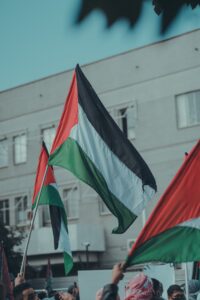
Partition and the establishment of Israeli statehood are two pivotal events in the history of the Palestine dispute that continue to shape the region today. Partition, proposed by the United Nations in 1947, aimed to divide British Mandate Palestine into separate Jewish and Arab states. While many proponents argue that it provided a solution for conflicting interests, critics view partition as a catalyst for conflict and displacement. The establishment of an Israeli state in 1948 marked a significant turning point in this dispute. For supporters, Israel’s creation was seen as a necessary refuge for Holocaust survivors and a fulfillment of Zionist aspirations for self-determination. However, for Palestinians, it meant expulsion from their homes and communities, resulting in a prolonged refugee crisis that persists to this day.
By examining these two interconnected events through fresh perspectives, it becomes evident that the deep-seated grievances and divisions within the Palestine dispute were not resolved but exacerbated by partition and Israeli statehood. This calls into question the efficacy of such solutions and underscores the need for continued dialogue toward achieving lasting peace in the region. It is essential to acknowledge these untold stories behind partition and Israeli statehood if we are to fully understand the complex dynamics at play within this contentious issue.
Continuing tensions in Palestine
The ongoing tensions in the Palestine dispute are a complex web of historical, political, and cultural factors that often overshadow the untold stories behind the dispute. Beyond the headlines and geopolitical debates, there exists a rich tapestry of personal narratives and struggles for justice that deserve our attention. One such story is that of Amira, a Palestinian woman who has been displaced multiple times due to the Israeli occupation. Her family’s ancestral land was confiscated in 1948, forcing them into exile. Decades later, they were once again uprooted when their homes in East Jerusalem were demolished to make way for Israeli settlements. Amira’s tale is just one among thousands of Palestinians grappling with the harsh reality of displacement and loss.
Another aspect worth exploring is how ordinary citizens on both sides are challenging divisive narratives and working towards coexistence despite relentless pressure from extremist elements. Grassroots initiatives like Combatants for Peace bring together former Israeli soldiers and Palestinian fighters who have laid down their weapons to promote dialogue and reconciliation. These stories offer hope amidst despair, reminding us that peace can be achieved through empathy, understanding, and collective efforts for justice.
